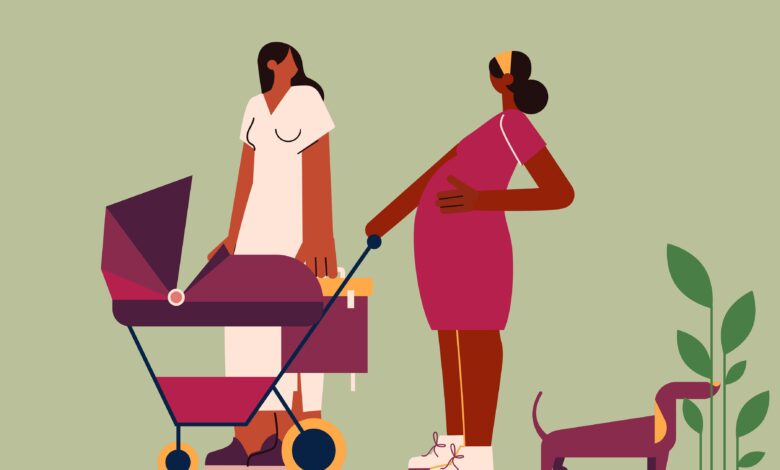How to Actually Maintain Close Friendships in Your 30s

The solution to this struggle, according to Dr. Phillips, is to get interested in who your pal is now because, inevitably, people—and their interests, goals, and achievements—grow and evolve over time. Even if it feels like you don’t have as much in common, you can still ask questions to understand their experiences and how they tie into who they are as a person, Dr. Phillips says.
So if they’ve been climbing the corporate ladder, ask what they like (or hate) about managing a team. If they’re planning a birthday party for their kid, ask if it’s been fun to throw the event and if it reminds them of their childhood. “By taking a genuine interest in who the other person is now, we stay open to their journey and their metamorphosis, and we can relieve ourselves of potential disappointment or grieving the person they were,” Dr. Phillips explains.
Visit your old haunts.
One symptom of getting older is that people tend to play less and focus more on all of their responsibilities and to-dos, Dr. Phillips says. One of the major benefits of holding onto friends is that, when you’re together, you can tap into your younger, sillier selves. Yes, it’s important to come to peace with the adult human being your buddy became, but it’s also beneficial (and, not to mention, fun) to get playful with them.
Why? Studies show that play—which can take many forms and include things like laughing your butt off, bantering, and competing in a game—helps people feel more open and comfortable with one another. As this report suggests: One of the most important functions of goofing around is to bond people to one another.
An effective way to bring out your inner children (or college kids), according to Dr. Phillips: Take a walk down memory lane. Go to a place you used to visit together, like the coffee shop across the street from the apartment you once shared, the city park where you always celebrated birthdays, or your old go-to brunch spot. Visiting a familiar location “becomes an external cue for what there was,” which can help you access a more playful, connected headspace, she says.
Schedule video calls.
If planning a night out at the pub where you used to do trivia feels like too much, don’t push it. Goldberg says she sees some people get overzealous about staying in touch with friends: One pal will vow to grab dinner once a month or hike every week, even though they know that, deep down, they can’t actually swing it. “It’s very hard to keep up with that as families get in the way or as people move,” Goldberg says—and when you overcommit, your social plans will likely fall through and never happen.
A more realistic approach: Make plans to video chat, ideally on some sort of schedule. Shoot for a 30-minute monthly FaceTime, or a 10-minute call the first Wednesday of every month. If you’re down to level it up, you can turn it into a virtual book club, say, or happy hour. “When you are on a video call and it’s just you two, you are giving that person your time and they are giving you that in return,” says Goldberg. People often avoid calling their friends because they think it’ll be awkward, research shows, but talking face-to-face, even if it’s through a screen, can strengthen your bond.
Celebrate your friendship with a small gift or gesture.
If you can’t tolerate another minute of being on Zoom because you’re on it all day for work, come up with a creative way to honor your relationship. Surprise your friend by sending them a letter in the mail or a care package filled with old photos on the anniversary of when you met or took a fun trip together, for example.



